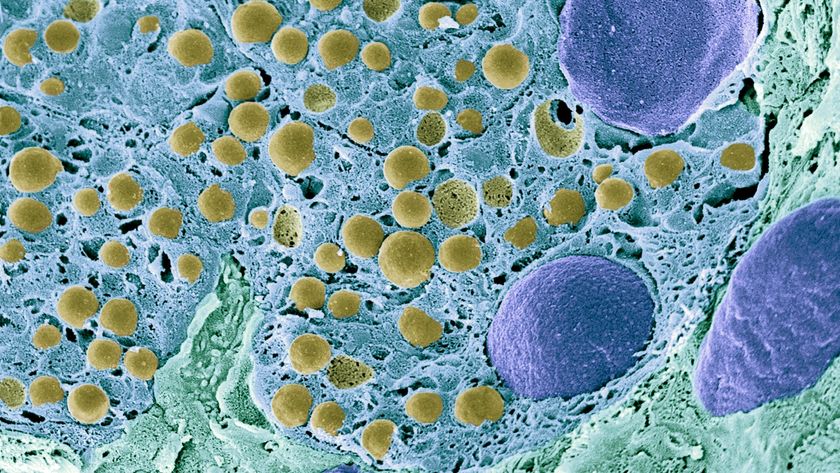Low Testosterone Linked to Diabetes Risk in Men
Low testosterone levels have been linked to increased risk of diabetes in men. A new study, done on mice, finds males with low levels of testosterone have more resistance to insulin, the hormone that controls blood sugar levels. This in turn increases the risk of developing Type 2 diabetes.
The discovery could help explain why older men are prone to developing diabetes, since it’s already known that testosterone levels fall as men age.
Mice are considered good analogues to humans, but more research is needed to confirm the work.
Low testosterone levels have also been linked to obesity, which itself is risk factor for diabetes. Testosterone acts on fat cells through molecules known as androgen receptors. These enable the testosterone to activate genes linked to obesity and diabetes.
The research showed that mice in which the function of testosterone in fat tissue was impaired were more likely to be insulin resistant than mice in which the role of testosterone was not hindered. The study showed that insulin resistance occurred in mice when the function of testosterone was impaired regardless of body weight.
"We know that men with low testosterone levels are more likely to become obese, and as a develop diabetes,” explained Dr. Kerry McInnes, from the University of Edinburgh's Endocrinology Unit. “This study shows that low testosterone is a risk factor for diabetes no matter how much a person weighs. As men age their testosterone levels lower. This, along with increasing obesity, will increase the incidence of diabetes."
The study, funded by Diabetes UK, showed that mice, which did not have androgen receptors in fat tissue for testosterone to attach to, were more likely to show signs of insulin resistance than other mice. Mice without androgen receptors in fat tissue also became fatter than other mice and developed full insulin resistance when both types were fed a high-fat diet.
Sign up for the Live Science daily newsletter now
Get the world’s most fascinating discoveries delivered straight to your inbox.
Scientists believe that a protein called RBP4 plays a crucial role in regulating insulin resistance when testosterone is impaired. The study showed that levels of RBP4 were higher in mice in which the role of testosterone was impaired.
The findings could lead to the development of new treatments that regulate production of RBP4 and reduce the risk of diabetes in men with lower levels of testosterone, the researcher said.
Most Popular





